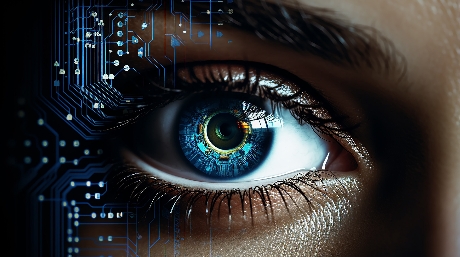
1. **Increased Adoption in Everyday Life**: AI will become ubiquitous in our daily lives, from personal assistants like Siri and Alexa to more sophisticated applications in healthcare, finance, education, and transportation.
2. **Advances in Natural Language Processing (NLP)**: AI will continue to improve its ability to understand and generate human-like language, enabling more natural interactions between humans and machines.









3. **Edge AI**: As IoT devices become more prevalent, AI will be integrated into these devices to enable real-time processing and decision-making at the edge of the network, reducing latency and improving efficiency.
4. **Explainable AI (XAI)**: As AI becomes more pervasive, there will be a growing need to understand how AI systems make decisions, leading to the development of XAI techniques that provide insights into AI decision-making processes.
5. **Quantum AI**: The integration of quantum computing and AI could lead to exponential increases in computing power, enabling breakthroughs in fields like cryptography, optimization, and simulation.
6. **Human-AI Collaboration**: As AI becomes more sophisticated, humans and AI systems will work together to solve complex problems, leading to new forms of collaboration and innovation.
7. **AI for Social Good**: AI will be used to tackle some of the world’s most pressing challenges, such as climate change, poverty, and inequality, leading to a more equitable and sustainable future.
8. **Autonomous Systems**: Autonomous vehicles, drones, and robots will become increasingly prevalent, transforming industries like transportation, logistics, and manufacturing.
9. **AI-Powered Creativity**: AI will be used to generate new forms of art, music, and literature, blurring the lines between human and machine creativity.
10. **Ethics and Governance**: As AI becomes more powerful, there will be a growing need for frameworks and regulations to ensure that AI is developed and used responsibly, with a focus on transparency, accountability, and fairness.
These are just a few potential developments that could shape the future of AI. The possibilities are vast and exciting, but also raise important questions about the impact of AI on society and our collective responsibility to ensure that its benefits are equitably distributed.


Leave a Reply